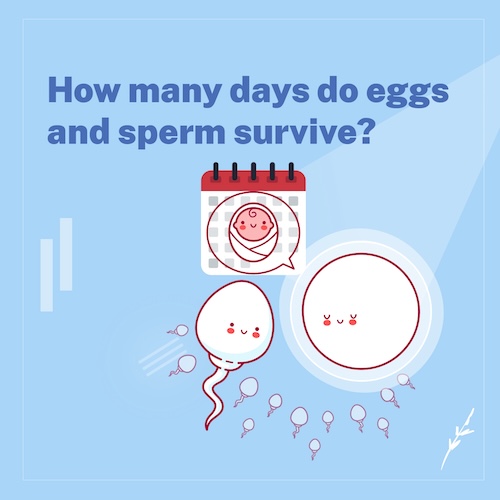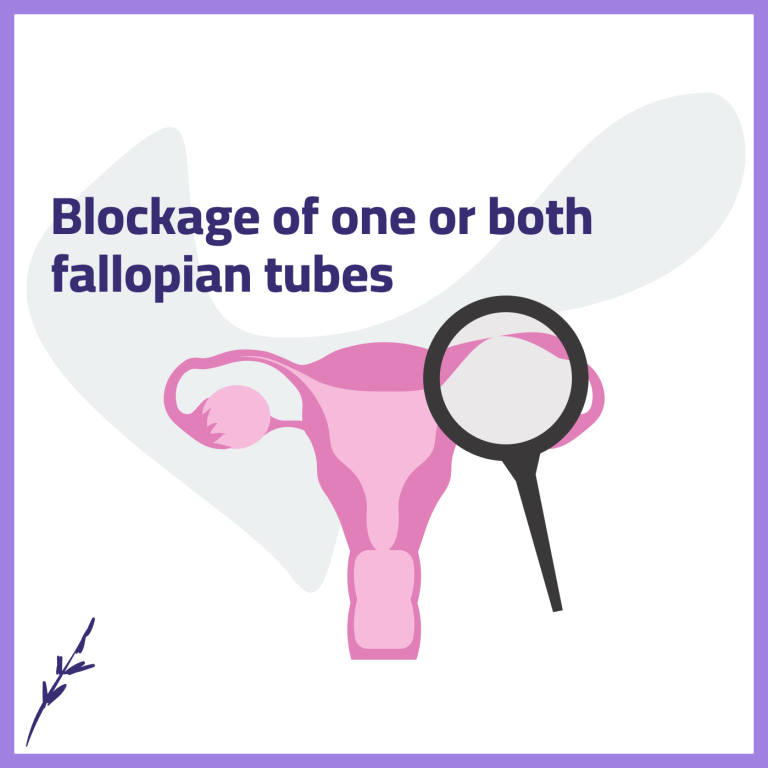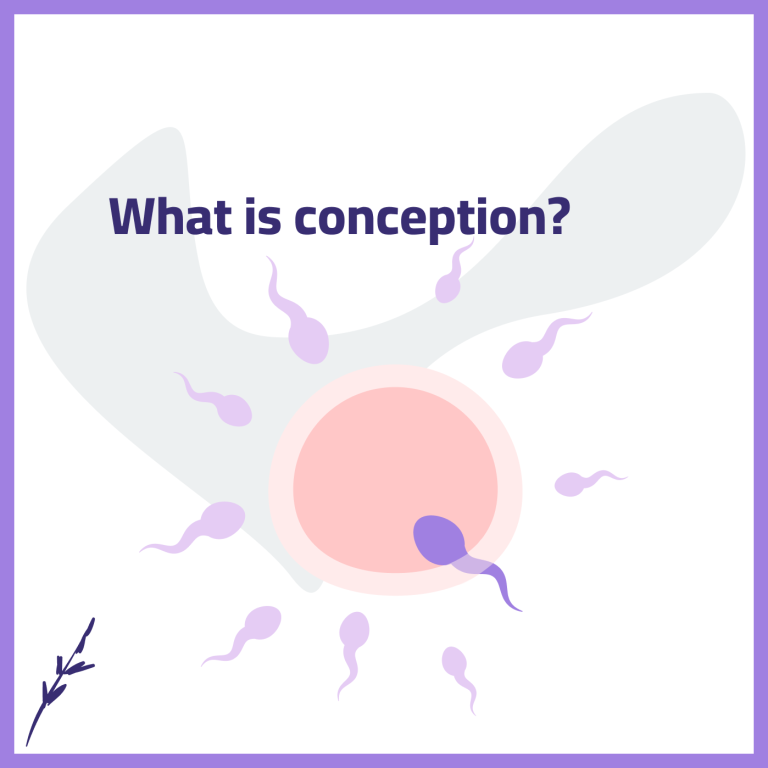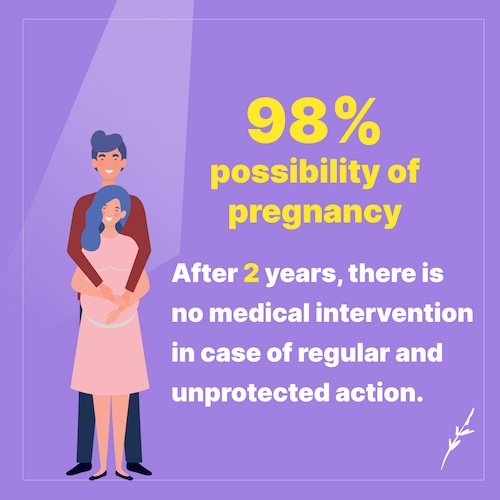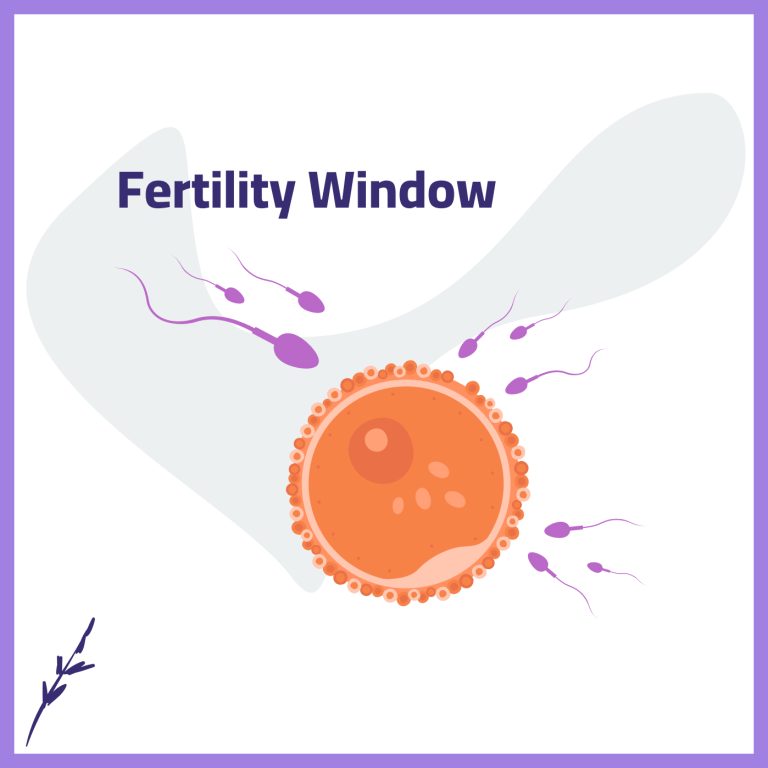Things You Wouldn’t Expect That Can Affect Fertility
When it comes to infertility, most people think of genetic issues or serious medical conditions. But the truth is that infertility is not always caused by disease. In many cases, lifestyle choices and hidden environmental factors can significantly affect fertility in both men and women.
Recognizing these factors and making small changes can reduce the risk of infertility and improve your chances of a healthy pregnancy.

1. Air Pollution & Industrial Chemicals
Long-term exposure to polluted air and industrial chemicals can damage sperm and egg cells. Fine particles and heavy metals can impair DNA integrity and lower fertility.
Tip: Use a mask on polluted days, avoid prolonged contact with chemicals, and consider using air purifiers at home.
2. Plastics (BPA)
Plastic bottles and containers often contain BPA, a chemical that disrupts hormones. In women, BPA can affect ovulation, and in men, it can reduce sperm quality.
Tip: Replace plastic with glass or stainless steel, and avoid heating food in plastic containers.
3. Vitamin D Deficiency
Vitamin D plays a vital role in hormone regulation and fertility. Deficiency may cause hormonal imbalance in women and reduce sperm quality in men.
Tip: Spend 15–20 minutes in sunlight daily, eat vitamin D–rich foods (fish, egg yolk, fortified dairy), and take supplements if needed.
4. Excessive Caffeine & Energy Drinks
Too much caffeine can disrupt ovulation and lower sperm motility. Energy drinks often contain high levels of caffeine and sugar, which negatively affect reproductive health.
Tip: Limit coffee to 1–2 cups a day and avoid daily energy drink consumption.
5. Prolonged Sitting
Sitting for long periods, especially in men, raises testicular temperature and reduces sperm quality. For women, a sedentary lifestyle can cause hormonal imbalance.
Tip: Stand up and move every 45–60 minutes, add light exercise to your day, or use standing desks.
Conclusion
Infertility is not always about medical conditions or genetics. Hidden factors like air pollution, plastics, vitamin D deficiency, excessive caffeine, and prolonged sitting can also play a role.
The good news? With awareness and lifestyle changes, many of these risks can be reduced, giving you a better chance of healthy fertility.


